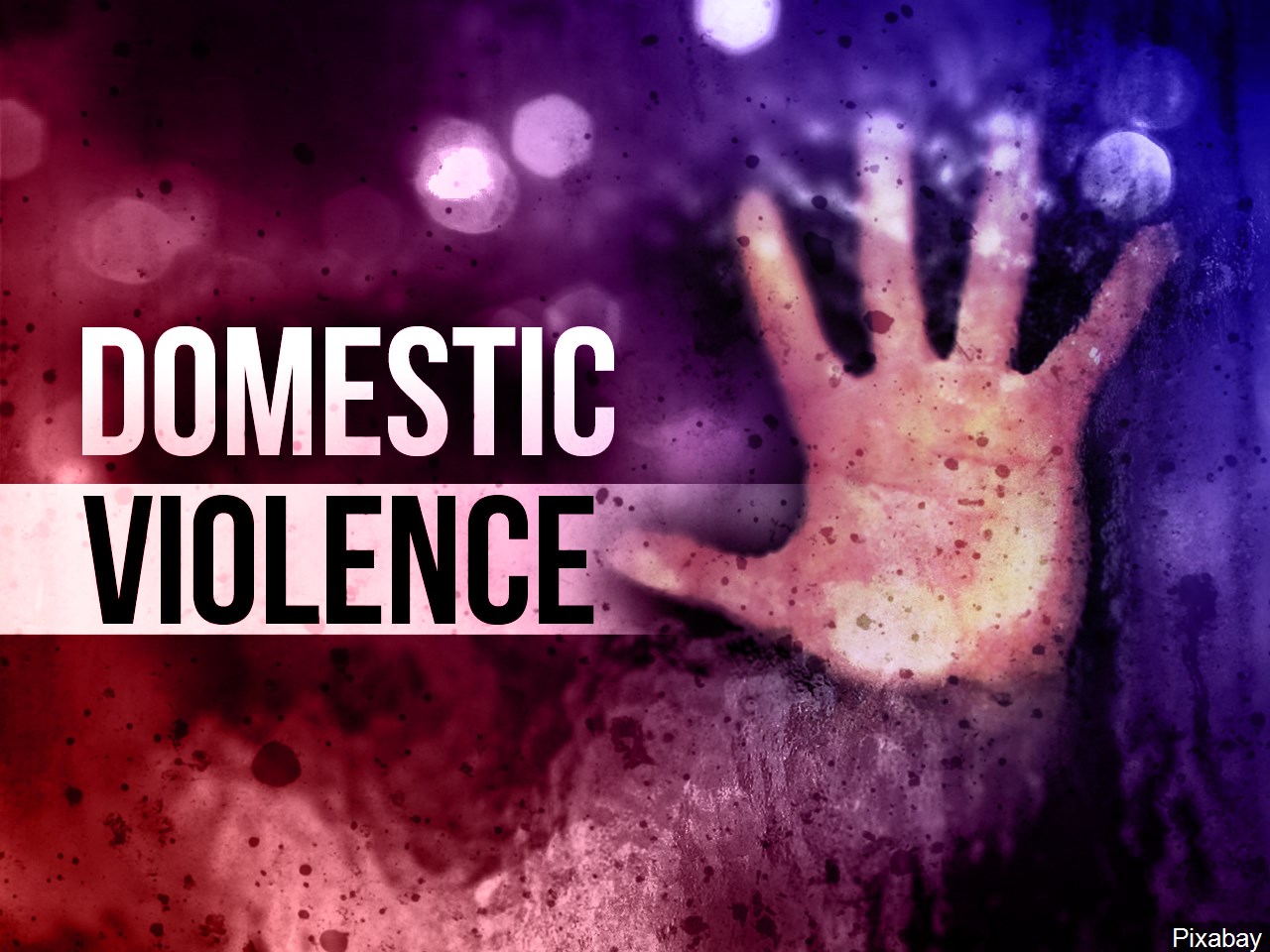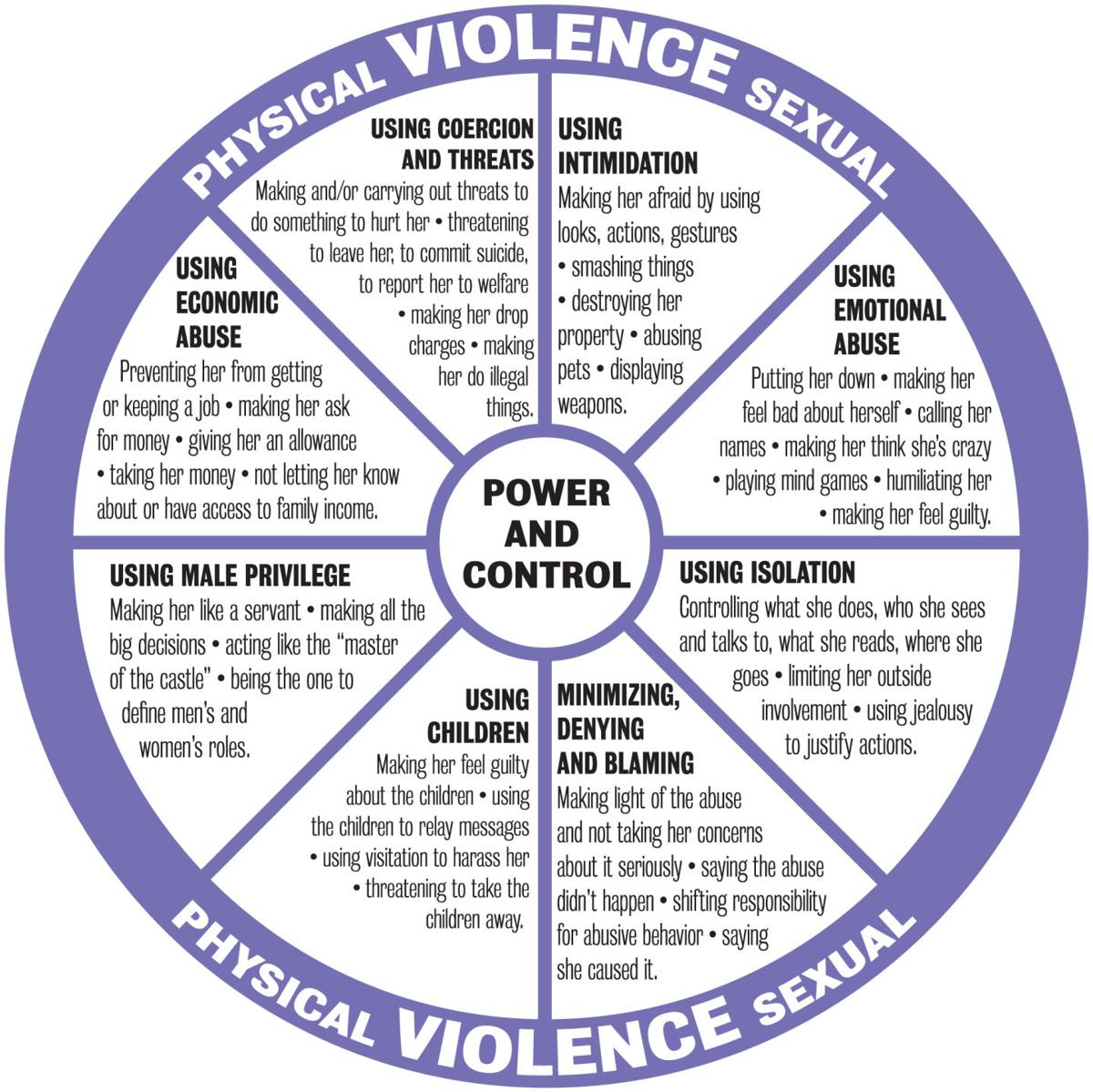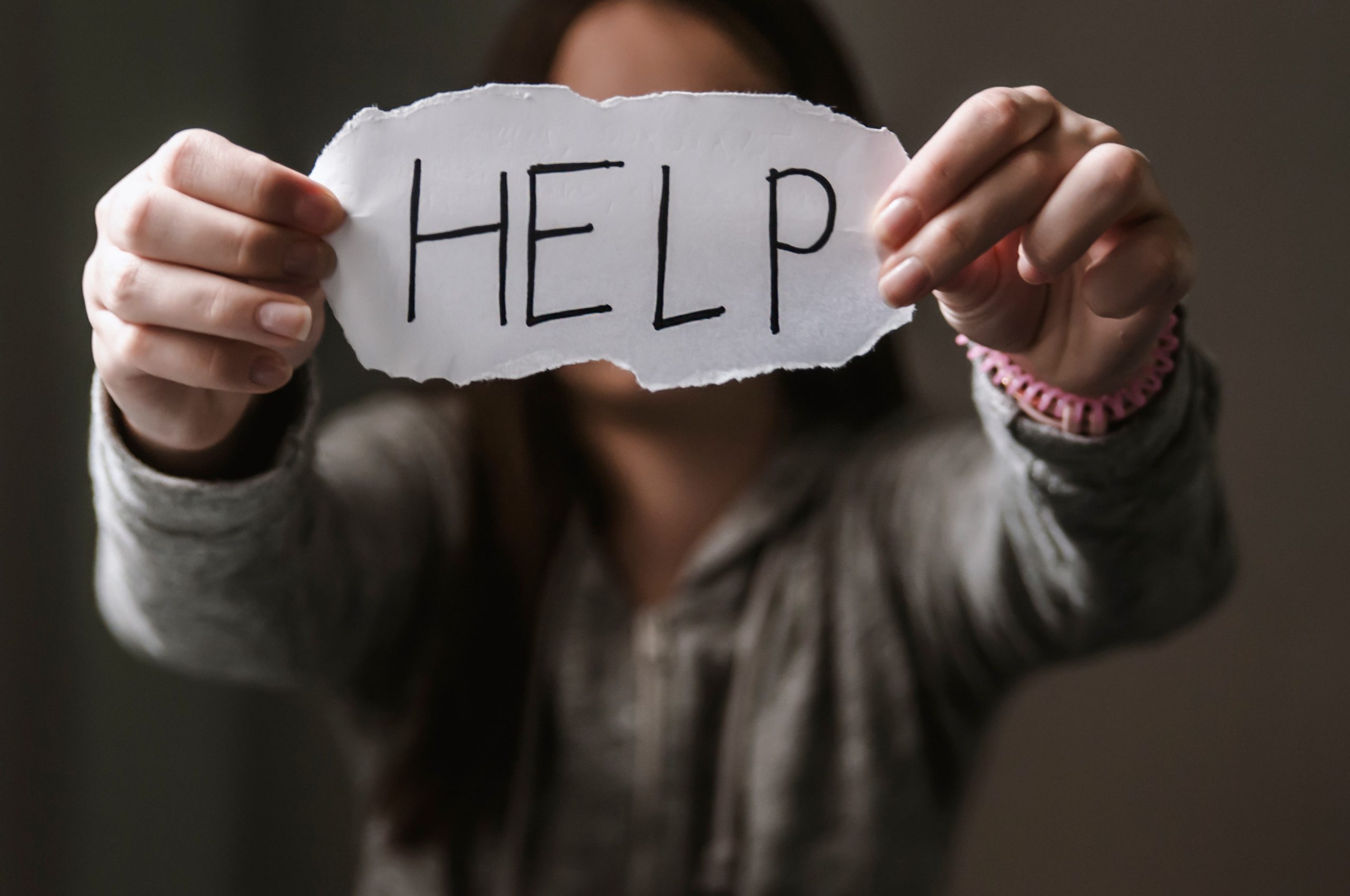
The COVID-19 pandemic has hit immigrant communities particularly hard. For immigrants who are experiencing domestic violence, it is causing an unseen crisis as people are forced to stay home. For someone in an abusive relationship, home is not a place of refuge and safety, but a place of violence and fear.
What is domestic violence? It’s a pattern of behaviors used by one partner to maintain power and control over another partner in an intimate relationship. It can take on different forms and includes physical and sexual violence, threats and intimidation, and emotional and financial abuse. The Domestic Abuse Intervention Project developed the “Power and Control Wheel”, a diagram used to identify the signs of domestic abuse in a relationship. These signs not only include physical and sexual violence, but also financial abuse such as not allowing a survivor to work, or emotional abuse such as isolating who a survivor talks to or where they go as well as threatening to take their children away.

The “Wheel” has been updated by the National Center on Domestic and Sexual Violence to account for the added difficulties immigrants face. The “Immigrant Power and Control Wheel” illustrates how abusers might further isolate an immigrant survivor by not allowing them to learn English or separating them from anyone else that speaks their language. Another challenge victims of domestic violence face from abusers are constant threats of being reported to immigration authorities. Abusers may threaten to withdraw immigration papers and hide their victims’ passports. Other threats include reporting survivors for working under the table when abusers attempt to control their finances. Finally, abusers may threaten to have the survivor’s children taken away by immigration authorities.
Despite these threats Ayuda has been able to help survivors obtain civil protection orders in DC and Maryland. A Domestic Violence Civil Protection Order is issued by the court and commands that the abuser not harass, threaten, or stalk the survivor. A civil protection order can also include a temporary custody provision and child support and an order that the abuser to vacate the home.
Abusers may threaten to withdraw immigration papers and hide their victims’ passports.

